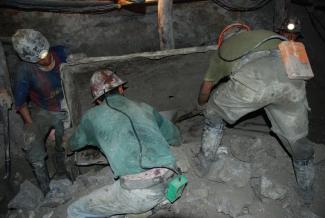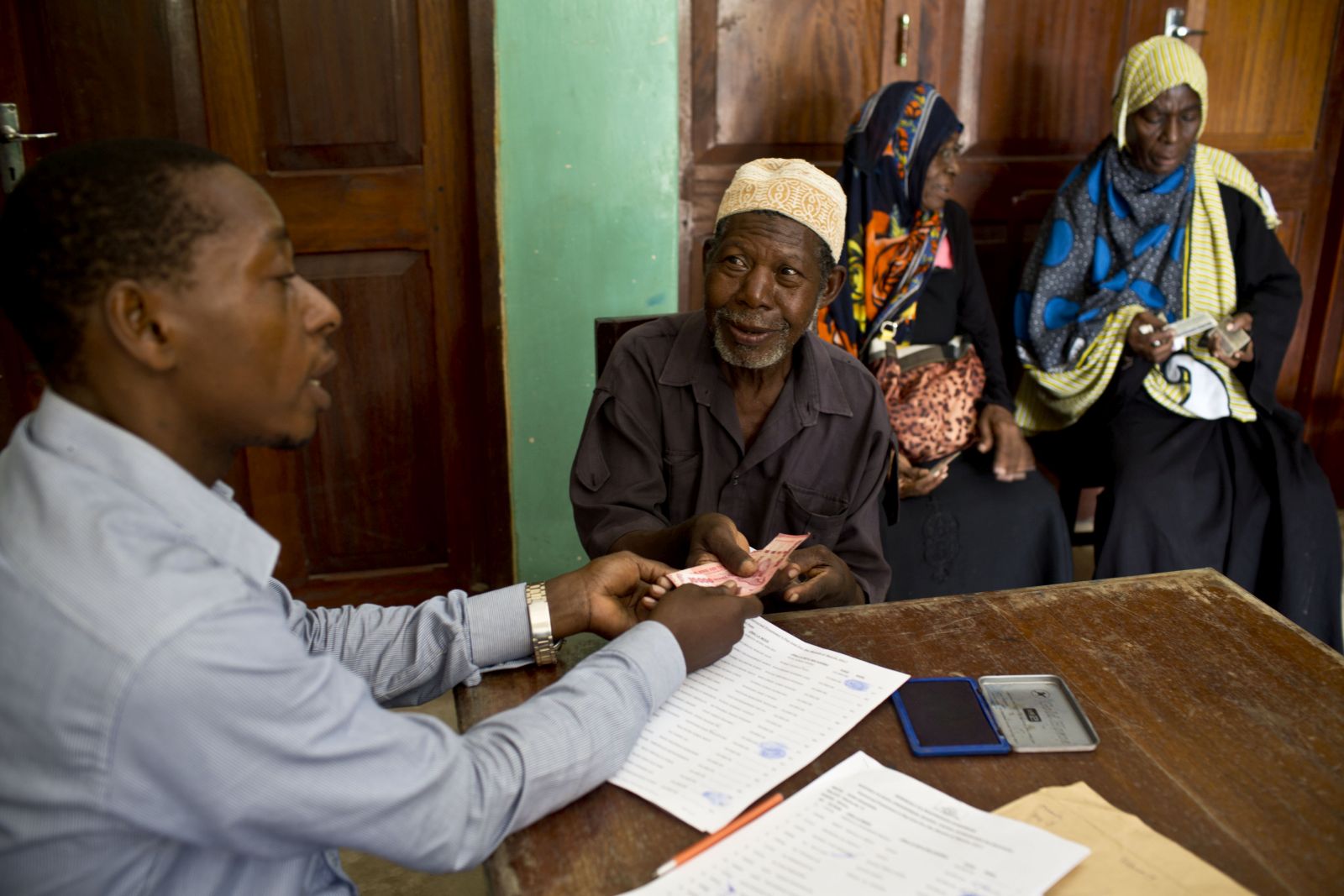Mental distress
Workplace violence

The International Labour Organization (ILO) estimates that an average of 5,000 people die every day due to a work-related accident or disease. Underreporting of work-related health problems is a global issue. In Latin America, only 20 % to 25 % of work accidents and at most five percent of occupational diseases are officially taken notice of, according to ILO estimates.
Globalisation is compounding the problems. Its impacts include the weakening of regulations, the rise in inequality and the precarisation of employment. Moreover, technological change typically adds to the challenges, while the conventional occupational-health hazards persist. While prevention systems are being eroded or do not exist at all, new problems are emerging. All summed up, those who specialise in occupational safety and health (OSH) face growing and increasingly complex challenges. In order to rise to them, they need high-quality education.
Mental health matters very much in this context, but it tends to be neglected. Students of an international OSH Masters course are making a difference by doing empirical research. The course was launched by the Center for International Health of Ludwig-Maximilians University Munich (CIH-LMU) and is run in cooperation with several Latin American universities. The twin goal is to boost human resources and to expand south-south cooperation in this important field (see box).
To tackle the challenges, we must not only understand the psychosocial occupational risks themselves, but also how they relate to other health issues. High-quality evidence from around the world shows that bad psychosocial working conditions lead to poor mental health, cardiovascular damage and musculoskeletal disorders. A bad psychosocial environment typically means that workers face demanding tasks and must perform excellently, while having only very little personal autonomy. Moreover, social control tends to be overbearing, but there is very little social support or reward.
Two standard methods to explore these matters are the “Job Demand Control” and the “Effort Reward Imbalance” models. Our students have used both and confirmed that psychological distress is associated with musculoskeletal pain and some cardiovascular indicators.
Exposure to physical or psychological violence at work is relevant too. Unfortunately, the two above-mentioned models do not pay attention to it. Violence does not only harm the immediate victims. Witnesses suffer as well, and so do the families of affected persons. At the workplace, violence can take different forms, including:
- bullying,
- sexual harassment,
- rude and uncivilised behaviour,
- verbal and/or physical aggression,
- threats to physical integrity, even to life.
All forms of violence are intolerable aspects of labour relations. Nonetheless, they occur top-down from management to workers, or between colleagues, or from subordinates to managers. The result is invariably a climate of fear. At the workplace, violence results from unbalanced power relations. It often goes along with the precarisation of jobs. Violence provoked by external people (customers, clients, etc.) also contributes to a fear climate.
Several CIH-LMU students have explored these matters in Latin America. One study showed that bullying was correlated with asthma symptoms among hospital cleaners in Peru. This association was more robust than with any other kind of psychosocial factors, such as low support or high demands for instance.
Another study proved that exposure to violence at work contributed significantly to mental-distress symptoms among miners in three different Andean countries. Such symptoms were similarly more pronounced among Guatemalan firefighters who had been exposed to violence than among colleagues without any such experience.
Musculoskeletal disorders have also been a focus in research. It is related not only to hard physical work (heavy weights, exhausting poses, repetitive movements et cetera), but often results from psychological pressure too. Long-lasting disabling pain is a big concern in different sectors and countries. It was frequently associated with mental stress.
To get their Master’s degree, CIH-LMU students must do empirical research. This obligation helps to so prepare them properly for their future jobs and contributes to expanding the international body of OSH knowledge.
The Masters programme keeps providing new evidence-based insights into employment conditions, labour rights and workers’ health in Latin America. By highlighting issues of workplace violence and of disabling pain, moreover, we are making these all-too-neglected workplace phenomena more visible. Preventive action is possible. It should be taken urgently. The 2019 ILO General Assembly is expected to approve a convention on eliminating violence and harassment in the world of work. Such a convention should help to motivate governments. However, a global approach is needed to coordinate efforts. Academic cooperation across borders can certainly help to make it happen.
Manuel Parra is a psychiatrist who specialises in occupational safety and health. He practices as general psychiatrist at San Borja-Arriaran Hospital in Santiago de Chile and as occupational psychiatrist at a workers’ clinic. He also teaches at the Center for International Health of Munich’s Ludwig-Maximilians University (CIH-LMU) and contributes to coordinate its cooperation network in Latin America.
manuelmpg@gmail.com












